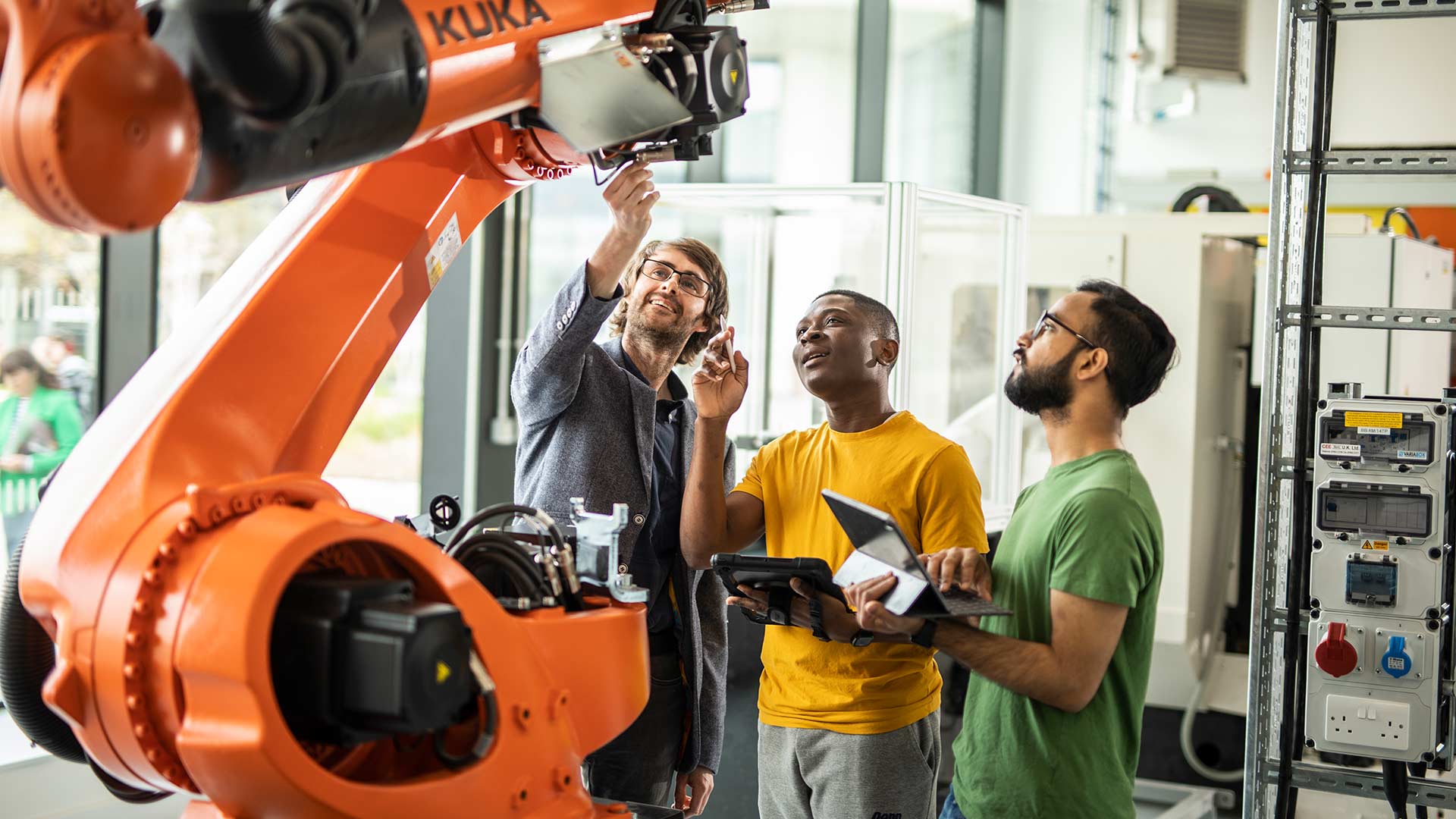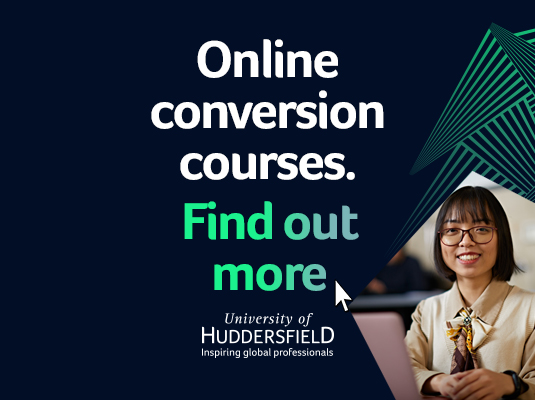
Why you should consider studying a conversion course
What is a conversion course?
A conversion course is a postgraduate programme that allows you to study a different subject to the one that you studied at undergraduate level. These courses are usually vocational and so prepare you for employment in a specific profession or field, for example psychology or law.
They are often Master’s level qualifications but can be shorter qualifications such as a Postgraduate Diploma or Certificate, with a greater emphasis placed on developing practical skills, in place of a research project.
Who are they for?
By giving you the opportunity to develop skills for a career unrelated to your undergraduate degree, a conversion course is a great option if you are interested in studying a new subject or embarking on a different career path to the one you originally envisioned. This also makes them a worthwhile option for those who are already working and looking for a career change.
A conversion course is also worth considering if you enjoy studying and are excited by the prospect of continuing your studies at a higher level, to further develop your skills, knowledge and experience.

Benefits of studying a conversion course
Develop profession specific skills and experience
Many conversion courses are designed to train you for working within a specific profession or field. This makes them a great option if you studied an academic (rather than vocational) subject at undergraduate level, such as English or History, where the range of career pathways graduates can pursue can feel much broader and more open-ended.
Gain a high-level qualification
On a conversion course you’ll have the opportunity to study at postgraduate level and gain a high- level qualification such as a Master’s. This could help you to stand out in the job market and for some professions such as psychology, a postgraduate qualification in the subject is essential for entry.
Flexible study options
Due to the diverse audience that conversion courses are suited to, you’ll find that there are often a range of flexible study options open to you, such as part-time study or distance learning which allow you to fit your studies around work and other commitments, as well as full-time study which allows you to gain your qualification in a shorter time period and fast-track your career.
Explore a new subject
A conversion course provides you with the opportunity to study an entirely new subject, which you might never have studied before, or one that you’ve developed a passion for later in life. Your studies are likely to be both enjoyable and beneficial to your academic and professional development.
Advance your skillset
Studying a conversion course will allow you to develop new skills which complement those you gained at undergraduate level and build upon them too, all of which will help boost your employability. Skills you might develop include, independent (research) project management, advanced critical thinking and analysis, time management, and being a self-motivated and independent learner.
Types of conversion course
There are a range of conversion courses available to you, across a variety of subject areas. Here are some of the most common ones:
Master’s conversion course
These are Master’s courses designed for graduates with little or no prior experience in the subject. They are usually 180 credits in length and include a research project.
Postgraduate Diplomas and Certificates
Postgraduate Diplomas (120 credits) and Certificates (60 credits) are level 7 qualifications like a Master’s; however, they take less time to complete and do not usually include a research component.

PGCE
A PGCE is a qualification you can take to become a teacher. It can be studied one year full-time, or part-time.
Graduate entry course
A graduate entry course is a fast-track Bachelor’s level course aimed at graduates who want to study a new subject. They are most common in medicine and engineering.

Entry requirements
Whilst the entry requirements can vary for conversion courses, generally you will need a 2:1 or sometimes a 2:2 Bachelor’s degree. Relevant professional experience might also be considered in place of a degree. For some courses, such as Teacher Training, you may need to demonstrate an existing interest in the subject, for example, work experience in a school.
Funding a conversion course
There are a range of funding options available for conversion courses depending on the type that you take. For example, PGCE courses can be funded by an undergraduate tuition fee loan, whereas full Master's courses (including online Master's courses) can be funded via a Master's loan. In addition, some courses might be funded independently or by other means.

Final thoughts
A conversion course is a sound investment in your future which can help prepare you for work in a profession that your undergraduate degree has not. This type of course can also help you to focus your career goals if you are currently unsure of them, providing you with a clearer path to follow.

